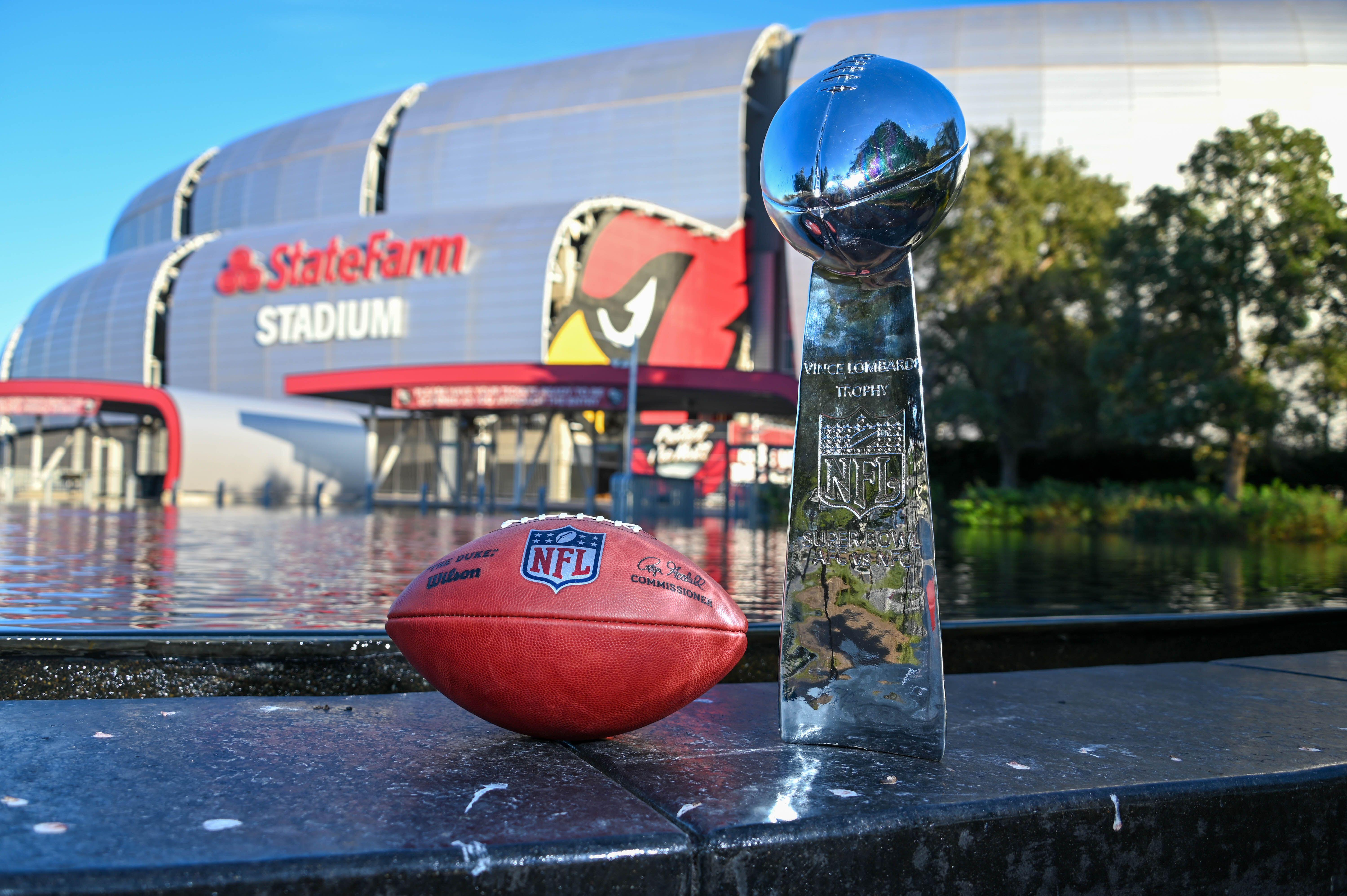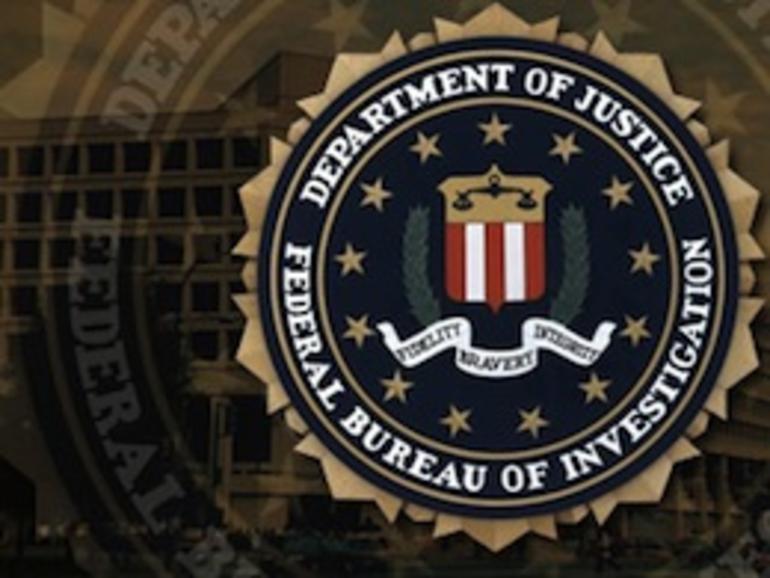
When
Super
Bowl
LVII
between
the
Kansas
City
Chiefs
and
Philadelphia
Eagles
kicks
off
in
Phoenix
on
Feb.
12,
most
everyone’s
eyes
will
be
on
the
gridiron.
But
farther
afield,
malicious
actors
and
cyberattackers
may
be
looking
to
score
their
own
kind
of
touchdown
—
by
shutting
down
systems,
perpetuating
ransomware,
or
carrying
out
hacktivism.
The
2022
FIFA
World
Cup
tournament
held
in
Doha,
Qatar,
over
the
winter
raised
similar
operational
concerns,
and
cybersecurity
experts
note
that
large-scale
events
in
general
offer
a
very
broad
attack
surface
area
to
threat
actors
of
all
stripes,
thanks
to
the
sheer
number
of
systems
involved
in
carrying
it
off.
“The
thing
that’s
tricky
for
security
teams
is
that
it’s
not
just
one
entity
or
single
network
they
must
look
after,”
says
James
Campbell,
CEO
and
co-founder
of
Cado
Security.
“An
event
like
the
Super
Bowl
involves
numerous
suppliers,
media
companies,
and
so
on,
all
of
which
are
responsible
for
looking
out
for
their
networks,
collectively
making
up
how
the
Super
Bowl
is
run.”
Campbell
adds
that
one
of
the
biggest
disruptions
to
the
Super
Bowl
would
be
preventing
it
from
being
televised.
With
millions
of
people
worldwide
watching,
and
given
the
advertising
and
revenue
generated
from
the
Super
Bowl,
if
a
threat
group
wanted
to
get
a
certain
point
across,
restricting
the
ability
to
broadcast
it
live
would
do
the
trick.
“That
would
probably
have
the
biggest
impact,
other
than
physically
ensuring
the
Super
Bowl
doesn’t
[actually
take
place]
—
a
harder
task,”
he
says.
Critical
Steps
for
Securing
the
Super
Bowl
Bud
Broomhead,
CEO
at
Viakoo,
points
out
that
the
large
number
of
third
parties
involved
in
the
event
from
a
technical
perspective
means
that
ensuring
that
multiple
networks
are
segmented
from
each
other
is
a
crucial
first
step
in
protecting
the
event
—
so
that
if
one
system
is
breached
(Rihanna’s
microphones),
the
threat
actors
can’t
reach
another
system
(video
surveillance,
for
instance).
He
adds
the
large
number
of
Internet
of
Things
(IoT)
devices
and
ad
hoc
networks
that
third
parties
will
bring
to
the
party
—
by
stakeholders
as
varied
as
caterers
and
sound
engineers
—
means
multiple
points
of
failure.
Thus,
layers
of
testing
for
worst-case
scenarios
will
be
important
leading
up
to
the
event.
“There
will
need
to
be
overall
testing
of
those
systems
ahead
of
the
event
to
ensure
sufficient
redundancy
exists,”
Broomhead
says.
“Security
for
a
big
event
like
the
Super
Bowl
must
also
have
a
focus
on
resiliency
—
if
bad
things
happen,
is
there
an
already
established
plan
to
minimize
the
impact?”
Darren
Guccione,
CEO
and
co-founder
at
Keeper
Security,
notes
that
on
the
IoT
front,
many
physical
control
systems
are
“smart”
—
i.e.,
Internet-facing;
as
such,
they
should
be
of
particular
concern.
He
poses
a
hypothetical:
The
broadcast
network
equipment
and
servers
sitting
in
the
data
room
in
the
Super
Bowl
may
be
hardened
with
up-to-date
patches,
firewalls,
and
other
defenses,
but
what
about
the
building
management
system?
This
might
be
a
separately
controlled
network
—
and
not
as
well
secured.
“Suppose
threat
actors
attack
IoT
and
turn
off
the
air
conditioning
in
the
building
management
system,”
he
says.
“In
that
case,
all
those
computers
are
useless
because
you
must
immediately
turn
off
all
your
servers,
or
else
they
melt
within
20
minutes.”
The
scenario
of
an
attack
via
the
HVAC
system
is
familiar
from
the
infamous
Target
breach
of
2014
—
all
it
takes
is
one
employee
falling
for
a
phish.
“Leading
up
to
the
big
game,
IT
professionals
should
be
on
the
lookout
for
phishing
attacks,
malware
and
viruses,
and
social
engineering
attacks
as
threat
actors
attempt
to
gain
access
to
the
computer
systems
used
to
manage
the
event,”
Guccione
advises.
Despite
the
what-ifs,
the
good
news
is
that
cybersecurity
is
firmly
on
the
radar
screen
for
this
upcoming
weekend:
In
addition
to
preparations
on
the
part
of
the
event
organizers
and
all
of
the
third-party
stakeholders
involved,
a
variety
of
government
organizations
also
have
thorough
cyber-defense
plans
in
place
for
the
event,
including
the
Arizona
Cyber
Command
and
the
Federal
Aviation
Administration.








